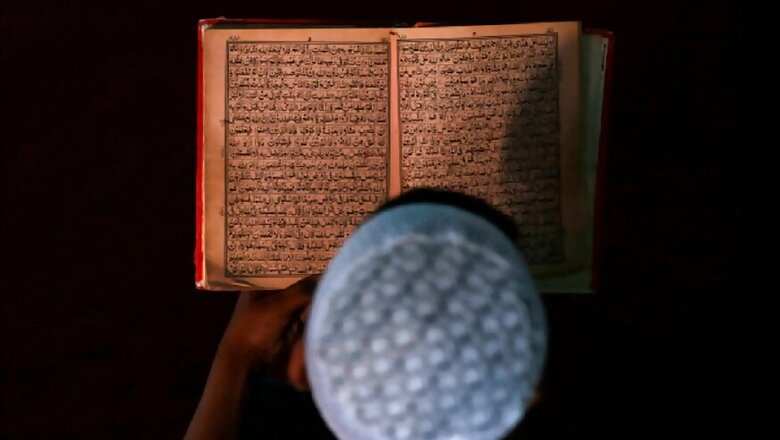
views
New Delhi: In a state of crisis for over four years, madrasas in West Bengal can finally appoint new teachers as a "stop gap arrangement".
The Supreme Court has lifted its restraint order against appointing teachers, enabling 614 government-aided madrasas in West Bengal to appoint more than 2,600 teachers after a hiatus of four years.
A bench of Justices Arun Mishra and Uday U Lalit, taking into account the "interest of the education of children", decided to pave way for filling up vacancies to ensure madrasas can efficiently impart education.
"Due to acute shortage of teachers, the cause of education is at sufferance. Considering the fact situation, which has been created by the legal imbroglio in the case, we deem it appropriate to pass this order relaxing the earlier order, putting a restraint upon the declaration of the result with respect to the recruitment process initiated in the year 2014," stated the order issued recently by the Court.
By way of an interim order, it allowed the the declaration of the result for the recruitment process of the year 2014, under which more than 2,600 teachers were to be recruited.
The bench made it clear that no further recruitment shall take place and those appointed under the 2014 notification shall be informed that their job is subject to final decision of the Court.
"No equity shall be claimed on the basis of the appointment so made on stop-gap arrangement. Let such conditions be also mentioned in the order and that would be subject to the final outcome of these matters, and that may also be specifically incorporated in the order," directed the bench.
The apex court also gave liberty to individual madrasa to take a decision whether it wants to appoint teachers declared eligible and successful under the 2014 process and clarified that the West Bengal Madrasa Service Commission (WBMSC) shall sponsor candidates only if a madrasa is interested in hiring such teachers.
The bench has fixed July 12 as the next date for final hearing of the matter.
The top court is hearing a batch of appeals arising out of the Calcutta High Court decision that the West Bengal Madrasah Service Commission is unconstitutional and illegal since the Commission trampled upon minority institutions' right to administer, including the right to appoint teachers.
The High Court gave the responsibility of recruitment to the respective managing committees of the madrasas.
While the matter was taken to the Supreme Court in appeal, the recruitment came to a standstill, leaving madrasas in West Bengal in a state of decay.
















Comments
0 comment